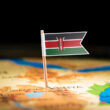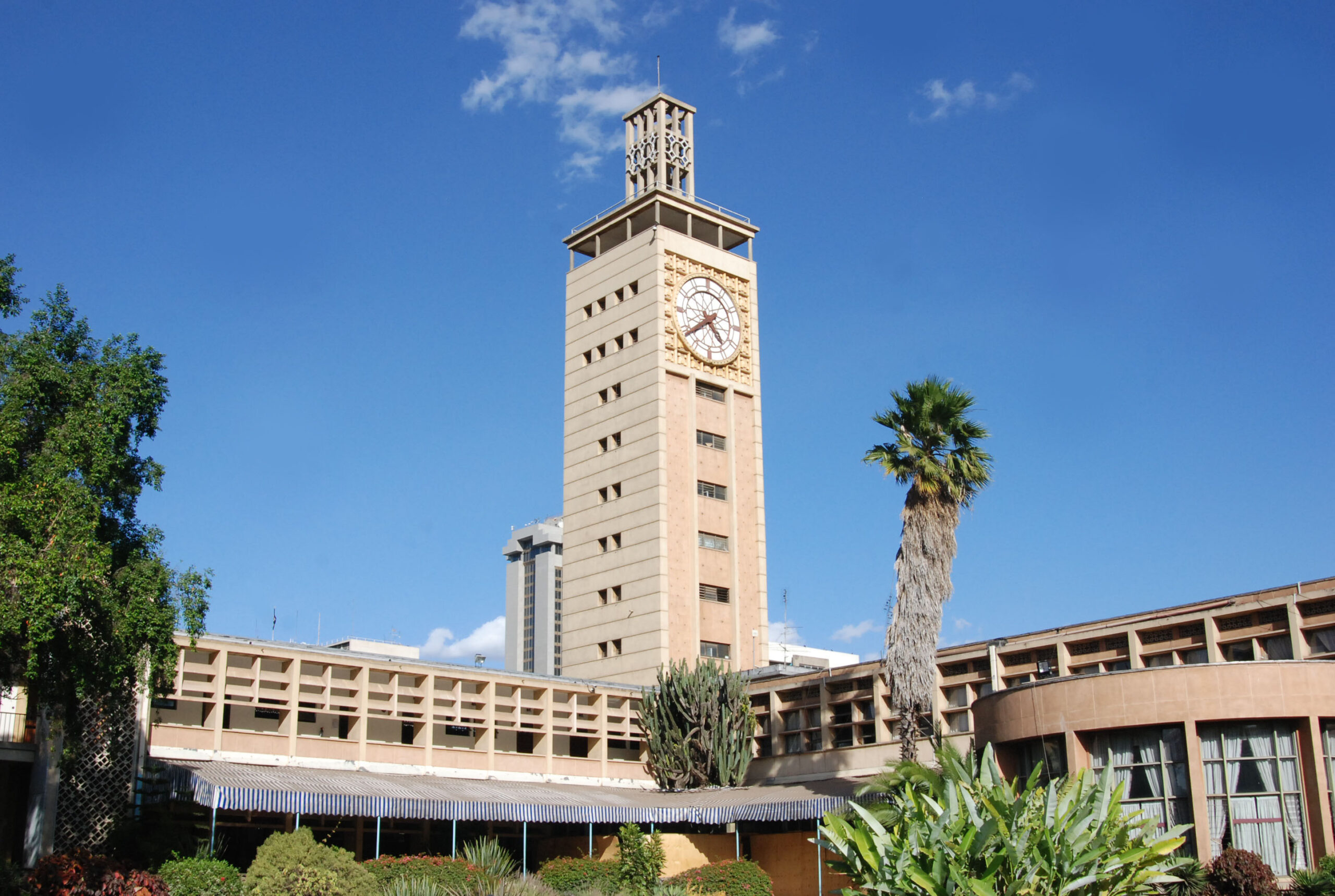NAIROBI,Kenya – At the heart of Kenya’s quest for a healthier society is a critical but often neglected intersection: the dynamic interplay between access to information and the fundamental right to health. As the country faces multiple health issues, ranging from infectious diseases to chronic disorders, the importance of maintaining an open flow of information cannot be stressed.
Access to Information
Access to information is a fundamental right that facilitates exercising all human rights and freedoms, including the right to life, health, and education. The promulgation of the Constitution in 2010 heralded a significant expansion of human rights, including access to information protected by Article 35. Access to information is further protected by international human rights instruments, such as the Universal Declaration of Human Rights (UDHR) and the International Convention on Civil and Political Rights (ICCPR).
The Constitution recognises the critical importance of access to information by strengthening its protection through national values and governance principles such as transparency and accountability, as well as the explicit obligation of the State to ensure citizens’ access to information through the regular and periodic publication of anything relevant to the public.
Pillar of Empowerment
Access to information is the bedrock upon which empowered communities are built. In the realm of healthcare, it serves as a beacon guiding individuals towards informed decisions about their well-being. In Kenya, however, the pathway to accessing health-related information is often shrouded in opacity. The right to know about one’s health, available medical resources, and government health policies is a cornerstone of an individual’s autonomy.
Yet, a critical analysis reveals a landscape characterised by bureaucratic hurdles, inconsistent dissemination of information, and an overarching lack of transparency. Citizens are left navigating a labyrinth of uncertainty, hindering their ability to engage actively in health management.
Transparency as a Prescription for Better Health
The health sector in Kenya stands at a crossroads where transparency can be the catalyst for transformative change. Transparent dissemination of information fosters a sense of accountability and allows citizens to participate actively in shaping health policies and demanding better services.
A comprehensive and accessible health information system is essential for effective disease prevention, early detection, and timely intervention. When citizens are equipped with accurate and timely information, they become partners in the healthcare system, advocating for their rights and holding authorities accountable towards providing quality health services.
Challenges at the Crossroads
The journey towards a transparent and accountable health system is fraught with challenges. The hurdles are multifaceted, from an overburdened public health infrastructure to the intricacies of health policy communication. The need for a determined effort from government bodies, healthcare providers, and civil society organisations to dismantle these barriers cannot be overstated.
The intersection of access to information and the right to health in Kenya demands a critical reassessment of existing systems. Citizens deserve more than fragmented data and bureaucracy; they deserve a healthcare system recognising their right to be informed, involved, and empowered.
Recommendations for a Healthier Future
Over and above being a fundamental right on its own, the right to information is an essential component of the right to health. There is a need to enhance information dissemination to ensure a healthier future. This can be achieved by implementing strategies to ensure timely and transparent communication of health information, leveraging technology for broader outreach.
Further, investing in initiatives that enhance health literacy would enable citizens to understand and navigate the complexities of healthcare information. The government should also allocate resources towards developing and maintaining robust health information systems, facilitating seamless access to critical health data.
In navigating the nexus of access to information and the right to health, Kenya has an opportunity to redefine its healthcare landscape. It is not only a matter of policy but a fundamental human right that, when realised, can unlock a healthier, more informed future for all its citizens.
The author, Geoffrey Odhiambo, is a lawyer and a Programme Officer at ICJ Kenya. This article was first published on citizen Digital.








